A new poll has revealed strong support for the Scottish fishing industry as it fights its corner against competing demands for space in increasingly cluttered seas.
The Scottish Fishermen’s Federation (SFF), which commissioned the survey, said the findings were a reminder for all political parties to recognise the importance of fishing.
More than nine in 10 (91%) of Scots believe the sector is a vital part of the UK economy.
Almost the same number (89.7%) say domestic food production is just as important as UK-produced energy.
And 19 in 20 Scots (95.7%) feel it is important for the UK to retain control over its fisheries.
Fishing industry under spotlight in Edinburgh general-election hustings
These issues and more are being debated at an election hustings, organised by the SFF, in Edinburgh today.
SFF’s latest poll echoes the strong public support revealed in a similar survey last year.
Conducted by Opinion Matters, the new study also highlights that an overwhelming majority of Scots (93.3%) believe UK fishing fleets must be given priority in UK waters.
Nearly nine in 10 (87.5%) agree that Scotland’s fisheries are a valuable source of healthy dietary protein.
Read more: Scots fishers feeling chipper over more haddock
The findings come amid increasing pressures from vast offshore renewable projects, which threaten to encroach on traditional fishing grounds.
SFF chief executive Elspeth Macdonald said: “These opinion poll results vindicate the fishing industry’s contention that covering our seas with giant offshore wind farms, without any thought being given to food production, is wholly counter-productive.
“Fishing is one of the lowest-carbon forms of food production in existence.
“Displacing the catching sector simply places the burden onto more carbon-intensive alternatives.”
Ms Macdonald added: “It is clear renewable energy is needed on a greater scale to combat climate change.
“But home-produced climate-smart food is also part of the solution to how we reach net-zero.
“The industrialisation of our seas with offshore renewables must not be at the expense of our fishing industry if we are to produce enough food as well as produce enough energy.”
We would not cover our best agricultural land with solar panels. So why should we fill our best fishing grounds with massive wind farms?” Elspeth Macdonald, Scottish Fishermen’s Federation
The SFF chief said there needs to be a “significant change of mindset” by politicians and wind farm developers “before it is too late and fishermen are put out of business”.
She continued: “We would not cover our best agricultural land with solar panels.
“So why should we fill our best fishing grounds with massive wind farms?”
Last year, the Scottish Government shelved plans for Highly Protected Marine Areas that would have crated no-go zones for fishers in up to 10% of Scottish waters.
But the threat of additional conservation zones being imposed on the industry remains.
Combined with the impact of colossal offshore renewables projects, many skippers fear they are being squeezed out of their traditional fishing grounds.
The ‘spatial squeeze’
This “spatial squeeze” has been identified by independent research as having the potential to close more than half of Scottish waters to fishing fleets by 2050.
Even if the worst-case assumptions are not realised, an area of more than 82,000sq miles (46% of Scottish waters) is likely to be lost by then, threatening the very existence of fishing businesses and causing “severe harm” to coastal communities, SFF warned.
Ms Macdonald added: “As the public has shown, there is strong support for maintaining control over our fisheries.
“It is crucial we balance our approach to energy production with the need to preserve our vital fishing industry.
“Ignoring this balance could lead to the decimation of coastal communities and a significant loss in home-produced food.”
The SFF wants to see a “re-evaluation of current policies” to ensure the fishing industry is not overlooked in the race to expand renewable energy. The industry’s low-carbon footprint and economic importance must be factored into any future decisions, it said.
Opinion Matters surveyed 1,005 Scottish adults over five days earlier this month.
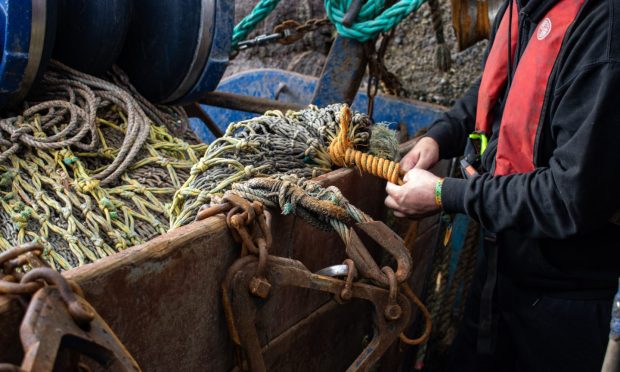
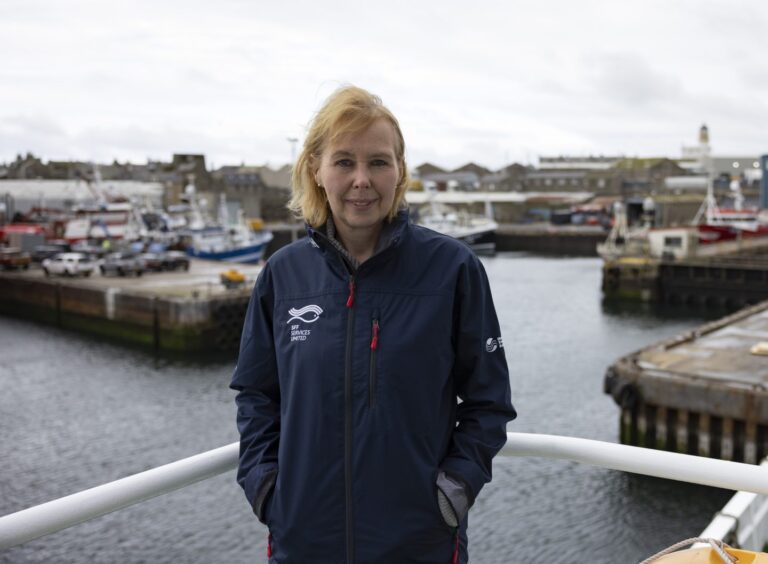
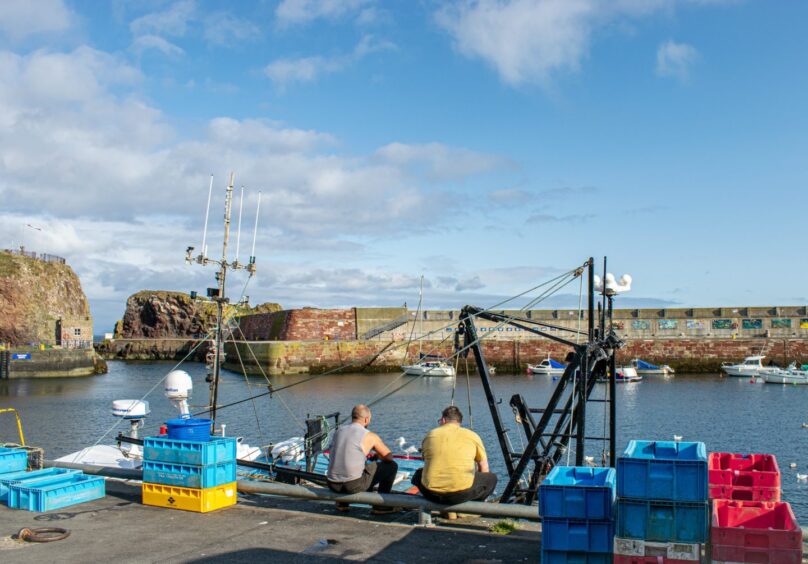
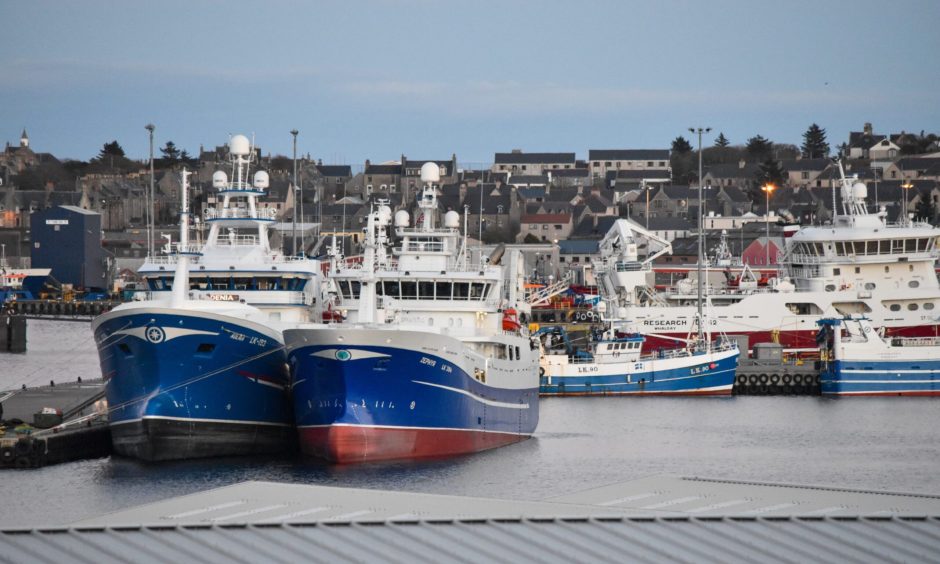
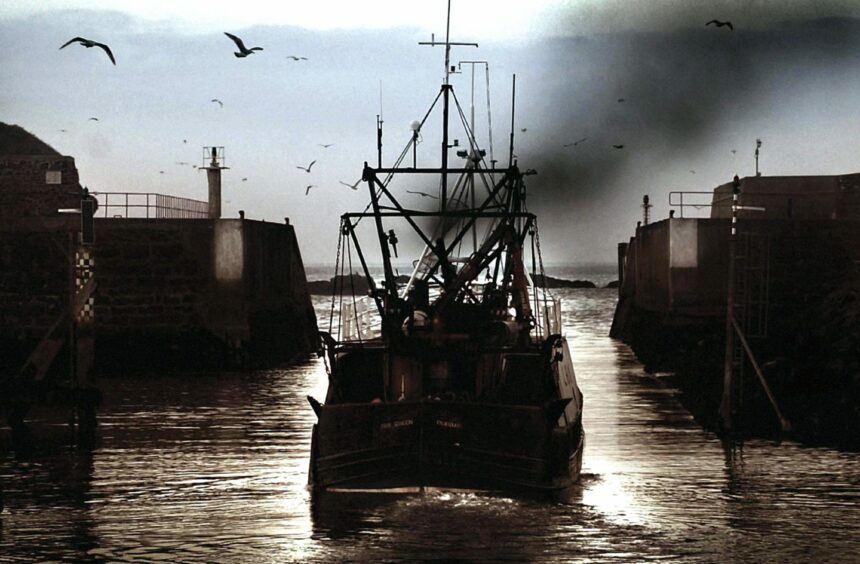
Conversation